This post is part of a virtual book tour organized by Goddess Fish Promotions. Robert W. Smith will be awarding a $25 Amazon or Barnes and Noble GC to a randomly drawn winner via rafflecopter during the tour. Click on the tour banner to see the other stops on the tour.
We’d all love to have a three-book, six-figure deal, but we won’t. Thousands of agent rejections daily include the phrase, “…but there’s no current market for…” If an author wants to make a living writing historicals or thrillers, conforming to the market is the smart and sensible course, especially if he or she is young. I suspect that things like market trends and bestseller list work to deflect readers from thousands of great books by Indie publishers and self-published authors. I’m not young and I’m fussy about my words. I’m often told “there’s no current market for that style,” but a fair number of folks like what I write and I like it too. Well, go sit on a fence post. I like my writing style. Besides, if my book catches fire with readers, maybe I’ll help start a new trend and crack a bestseller list.
In my youth I read everything I could get my hands on that interested me, from WWII histories to anything in historical fiction and intelligent, thoughtful thrillers. By senior year of high school, I’d focused primarily on writers like Graham Green and Len Deighton when my unruly streak triggered not one, but two expulsions. In those days, if a boy didn’t go to college, he had three options: Army, Navy or Air Force.
By the time I caught up with my contemporaries, I was an old man of twenty-seven with a degree in Political Science and needing to earn a living. So I found myself in law school, nights. It wasn’t my first choice and just kind of happened. I mean nobody could hang out a shingle as a novelist and expect to make a living, especially with no formal education in creative writing. Still, I was a pretty good criminal lawyer for a long time.
Some years into my career I started to write a book about something I understood. John Grisham was the hottest thing in print then and what the hell did he know about defending murderers? So I wrote about crime and corruption in Chicago. It was slow going because I was working and pursuing an Abe Lincoln-style creative writing education, not by the light of a fireplace, but you get the drift.
My first book was a legal thriller, “Immoral Authority,” published by a wonderful 2000 startup small press. Of course, there was no self-publishing then. One review said it “read like a first novel.” I think the woman was right. The next book was better, but I had no interest in writing more legal thrillers. My head was in the clouds somewhere with Len Deighton’s two heroes of “Goodbye Mickey Mouse,” brothers in all but blood, one mortally wounded, both waiting for the moment the sea would take him. Two simple salutes and an exchange of smiles across P-51 cockpits told a tale I could never forget, brought it to life without a single word and made me cry, bringing me closer to an understanding of brotherhood than could expertly crafted pages of conversation or narrated reflections.
That’s when I recognized my mission, bringing my commentary and observations to life in compelling stories of memorable characters in history. Deighton and Graham Greene, Solzhenitsyn, even the early Twentieth Century author, Joseph Conrad, had all along been writing consistently with a theme, some exploration of humanity, inhumanity, brotherhood, colonialism, war, ant-war. It was always there and it’s what drew me to them in the first place. Hello? So, after getting the rights back on my legal thrillers, I renamed them and cleaned them up.
Since then I write what I want when I have something to say and can find a way to say it and always including an off-beat romance. My reward has been hundreds more rejections by agents, with one brief exception, and almost no access to major publishers. But I’m cool with that because I have a good publisher who knows the game and loves books. I found there are book people out there looking for more than the “style de jour” i.e. “Gone Girl.” Besides, I think my books get better every time out and that’s what I care about.
It’s not my intent to sell sour grapes, I’m not bashing popular styles or series or genres and not giving advice to other writers, simply pointing out to readers there are thousands of good writers out there writing important, compelling books with little or no mass commercial appeal. It doesn’t mean an author won’t get lucky and the possibility is exhilarating. I won’t quit because there are readers looking for my work.
All this gibberish is simply a defense of any writer who chooses not to conform to the mandates of agents, chooses to write what’s in his or her heart because that’s where your best work lives. Readers are always looking for great stories. Publication by one of the “big five” shouldn’t be the standard of measurement for a writer because it hurts the reader.
An author isn’t likely to get rich this way, especially if he’s old like I am, but he will make ends meet. Draw from his or her trust fund, marry a rich man or woman or live a frugal, happy life on a park bench at a Florida beach. But she’ll also bank indescribable moments of joy and satisfaction, leaving the most important part of herself in a permanent record for anyone who loves books and cares to take a peek in a hundred years.
On the run from a hangman’s noose, a young man joins the army in search of anonymity, but lands in the Philippines in the closing phase of the war (1901), where his life intersects with a beguiling and mysterious young Filipina, a disillusioned Catholic priest and an American “Negro” deserter. They join forces, each in his or her own way, to hold back the tide of greed and colonial barbarity from a ravenous Eagle. At great cost, the young soldier will find his place, his people and himself. But to end his running, he must endure the last battle and the dark jungle beyond that holds the key to his fate and future.
One will die in the fight. One will learn that truth wears no flag and must be pursued and safeguarded, no matter the price. The other two will live forever, legends in the minds and hearts of the Filipino people.
Enjoy an Excerpt
A sick feeling churned in his stomach, like that of a man who’d blindly taken his first step over a cliff in the dark. The unfortunate soul could almost feel the soft blades of grass drooping teasingly over the ledge, only inches from his outstretched hand as he mourned a fatal mistake, but the inevitability of his fate cruelly mocked the effort.
With his coat buttoned up and the saddlebags over his shoulder, the man reached for the old newsboy hat on the table before leaving. The wavy, chestnut hair would be a dead giveaway for anyone searching by description, and he tucked it in the best he could under the cap. In the same instant, the flimsy door to his room imploded from its hinges as a parade of uniformed police poured in behind it, and the man with no name faced his rendezvous with destiny. With two friends surely facing a hangman’s noose, surrender equaled slow suicide. In a split second, he chose the cliff over the noose.
Just maybe, he thought, he could fly. The window was barely large enough to accommodate his slender frame, and he proved it the hard way, headfirst through shattering glass. Like the man grasping in vain for the ledge, he reached instinctively back for the window, knowing this was his last mistake and praying only for instant death.
About the Author:  Bob was raised in Chicago, enlisting in the Air Force at age eighteen during the Vietnam War. Following a year of intensive language training at Syracuse University, he served three years as a Russian Linguist in Security Service Command, a branch of the NSA. Upon return to civilian live, he attended DePaul University and The John Marshall Law School in Chicago on the G.I. Bill while working as a Chicago Transit Authority Police Officer. Thirty-odd years as a criminal defense lawyer in Chicago ensued. His first book was Immoral Authority (Echelon Press, 2002) followed by Catch a Falling Lawyer (New Leaf Books, 2005) and The Sakhalin Collection (New Leaf Books, 2007, hardcover)
Bob was raised in Chicago, enlisting in the Air Force at age eighteen during the Vietnam War. Following a year of intensive language training at Syracuse University, he served three years as a Russian Linguist in Security Service Command, a branch of the NSA. Upon return to civilian live, he attended DePaul University and The John Marshall Law School in Chicago on the G.I. Bill while working as a Chicago Transit Authority Police Officer. Thirty-odd years as a criminal defense lawyer in Chicago ensued. His first book was Immoral Authority (Echelon Press, 2002) followed by Catch a Falling Lawyer (New Leaf Books, 2005) and The Sakhalin Collection (New Leaf Books, 2007, hardcover)
Buy the book at Amazon.
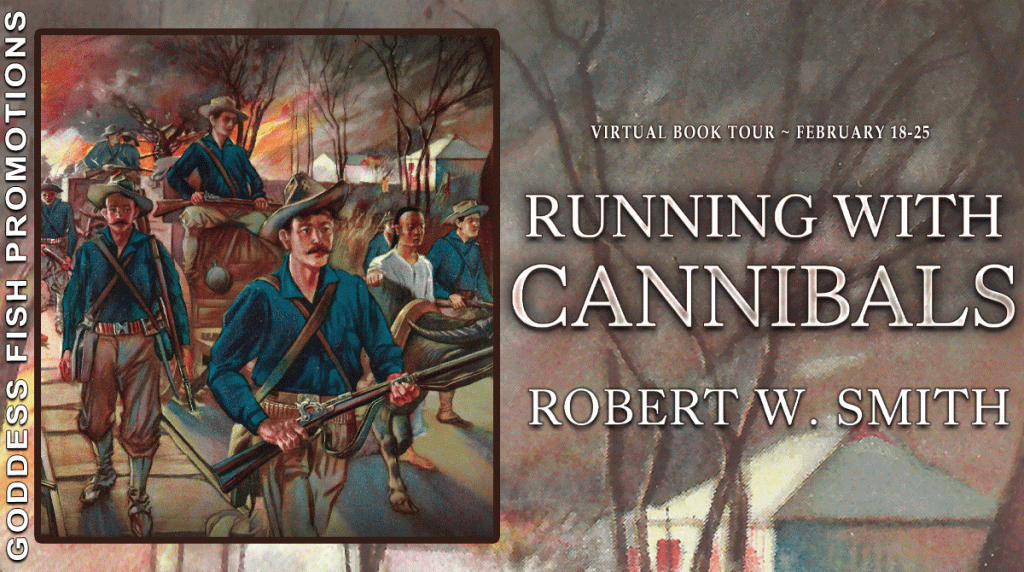
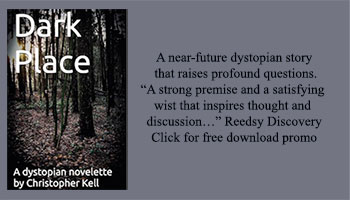



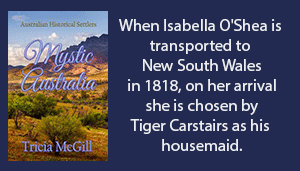

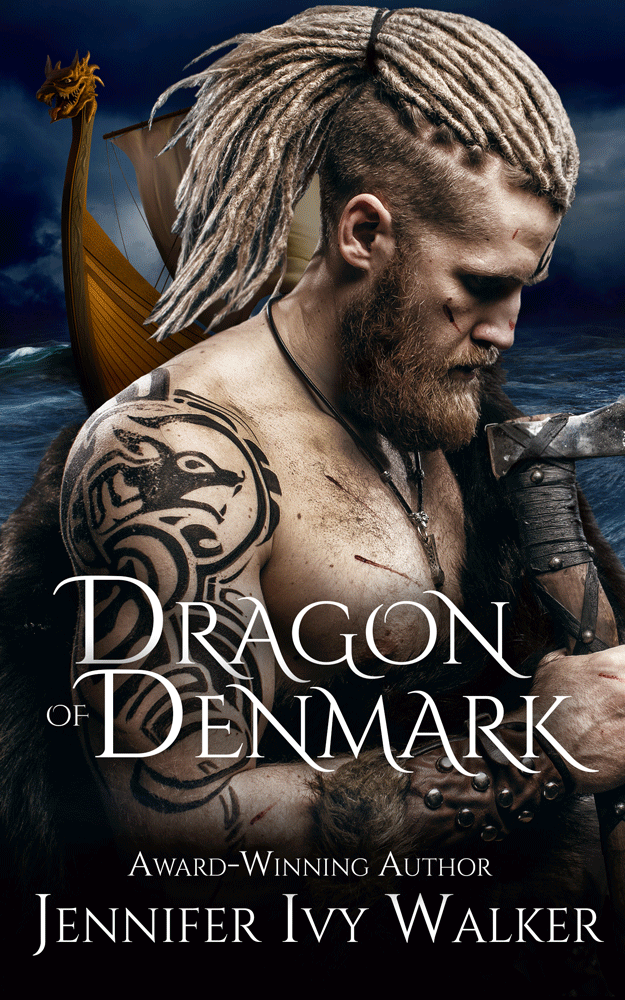


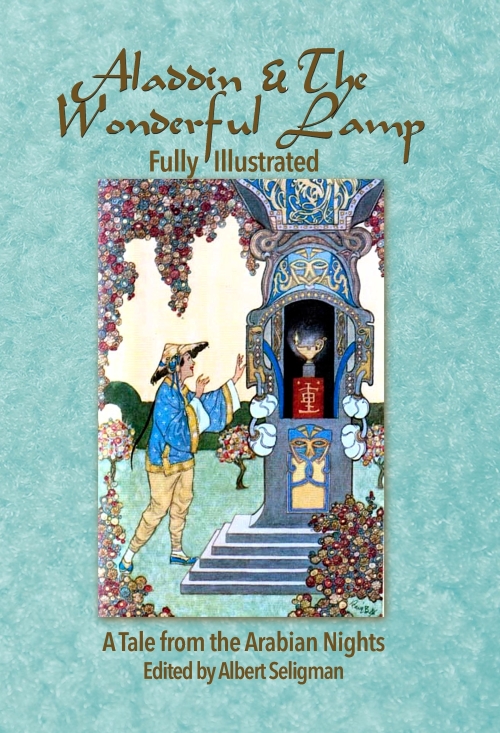
Thanks for hosting!
I’m tickled pink to be here. I’ll be hovering all day. Thank you
I loved the book, and was not familiar with the Philippine- American before, but will be researching it more. Found it so interesting. What inspired you to write about this time in history? Will there be another book to follow up?
Thanks, Patricia. I’d say the true and unlikely romance between an American Sergeant and a nation heroine of the Philippines was the biggest inspiration. Secondly, I was astonished to learn the true, brutal nature of this conflict. It has completely ignored in American schools and history books.
Sounds like a great read.
lol Rita Wray, I will remember your name forever 🙂 Thanks, Girlfiend.
I’m curious as to how you can write historical novels with such emotion given your intense experiences with contemporary criminals. Doesn’t the present get mixed up with the past when you are trying to write it?
ps. Your giveaway app is wonky and wont let me enter.
I love the question, Karen. The answer is that I got bored writing about contemporary criminals and lawyers. Writing what I know helped me gain confidence in my skills but my real passion has always been history. Thanks for the question
Sorry about the giveaway app, Karen and I’ve had a lifetime of experience with contemporary criminals, but they served their purpose. I loved your question.
I had never heard of the Philippine-American War. What inspired you to write about that period of history?
Excactly, Sandy!!! “Sanitized” might be too strong a word, but let’s say the whole tragic experience has been ignored in our school books and history books. There were lessons gone unlearned during Vietnam and long after. Thanks for your question
Why the title”Running with Cannibals”?
It’s a metaphor for Colonialist aggressio. Thanks
I am curious about your prep for doing such a deep dive into the history of two separate nations— post reconstruction US and the Philippines,trying to resist the colonizers yet again.
I was fascinated and curious as to why Americans were taught this history. But it’s out there, mostly from Filipino historians and U.S. Army records. The policy, Called Manifest Destin, was controversial in its time. No less than Samuel Clemens argued vociferously against it. It was a policy of greed and brutality, but one with heroes on both sides. The more I dug, the richer the history. I learned about David Fagen, the Africa-American deserter who changed sides and fought bravely for the Filipinos. But the real love affair between the Casiana Nationales, the Filipina heroine and an American soldier was too good not to write about.
I do enjoyed reading this book. I was not familiar with the Philippine-American War, but will be doing more research. Why did you choose this subject? Will there be another book as a follow up?
Looks like a compelling read and can’t wait to buy it! The cover artwork is also very intriguing. Great work!
Thank you, Ms. O’Connell. I hope you read it
Can’t wait to read this!!
I know I’m going to love these characters
Thank you, Mary
Bob, What authors influenced you when you wrote this incredible book? I see shades of Conrad for sure, but I also think that your experience as Vietnam Veteran (and probably a prolific reader of war literature) informed your structuring of the novel too.
OMG James!!!!!! Yes, Joseph Conrad. I have to give this one a considered answer. You nailed it. Back in a few
Yes, James, I think Vietnam might even have been avoided had we absorbed and not suppressed the lessons of the Philippines. Voices were raised against the Manifest Destiny Policy at the time, most notably Samuel Clemens, an admirer of Joseph Conrad, wrote eloquently against Colonial Imperialism in Africa.
Bob, what considerations do you have to make as an author when negotiating how to depict historical figures such as Generals and future Presidents (like William Howard Taft)? How much research goes into getting them right versus your interpretation of how such a man would be at this time?
It’s an amazing story and so well-told. I’m curious about the moment you realized you had an actual story in mind and not just some interesting historical facts. When did the realization hit you?
When I discovered the real life romance
First of all, being a lawyer comes in handy, even if I only defended killers and drug dealers. You can’t use the names of real people unless they are dead, long dead is better. Sometimes it’s unavoidable, like in this book with President McKinley. But I also used the name of David Fagen, the African-American deserter in the book. He’s a hero in the Philippines and in my book. I think he was a monumental figure in history, saw a chance to strike against bigotry and Jim Crow and took it. Reminds me of Muhammed Ali, only more courageous.
What is your routine for writing? Do you have a certain number of words you are always aiming for? Do you assemble the book chronologically? Or do you focus on certain scenes first? Do you find the dialogue scenes to be easier/harder to write than the moments of violence?
Is your ideal reader someone who loves history but may not know about this conflict in detail? Someone with an appetite for a great story well-told?
Great excerpt and giveaway. 🙂
This looks like an intriguing read. I like the case against the monopoly of the big five.
Thank you very much, Wen
I love historical non-fiction works with an interesting story intermingled. This story does just that! I am wondering how you manage to keep historical fact accurate while also allowing creative freedom to flow, where to embellish and how to do so without forsaking the facts.
Dr. Norris, thank you so much. My wife says I’m a great Bull#%^^#. That must be it
nice blurb
Thank you very much
Thank you so much
Thank you for sharing your guest post and book details and for offering a giveaway, this sounds like an interesting read
Thank you Bea
Sounds like a great book.
Thank you so much
Congratulations on tomorrow’s release of Running with Cannibals, Robert, I enjoyed the guest post and the excerpt and your book sounds like an intriguing and thrilling read that my dad and I will enjoy! Good luck with your book and the tour! Thanks for sharing it with me and have an awesome week!
Wow! You have a new friend, Eva?
What a great post about writing – really helped me understanding writers.
Wow! Thanks, Michele. Very kind.
I enjoyed the excerpt, thanks so much for sharing!